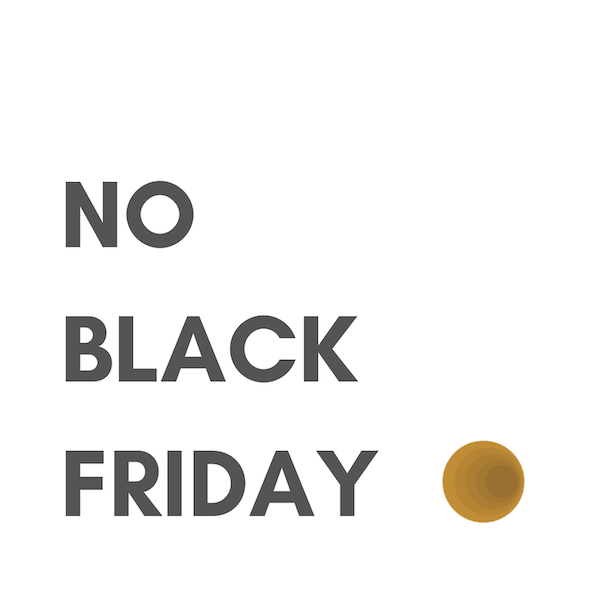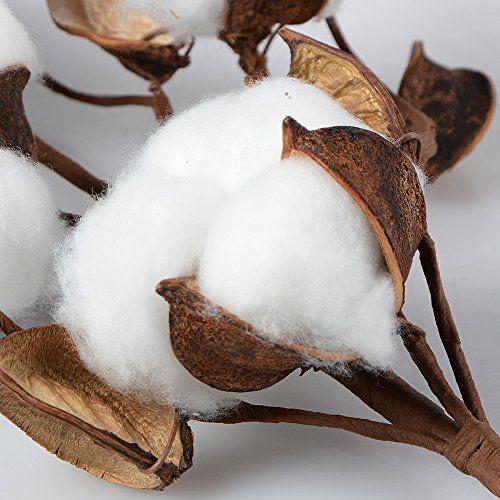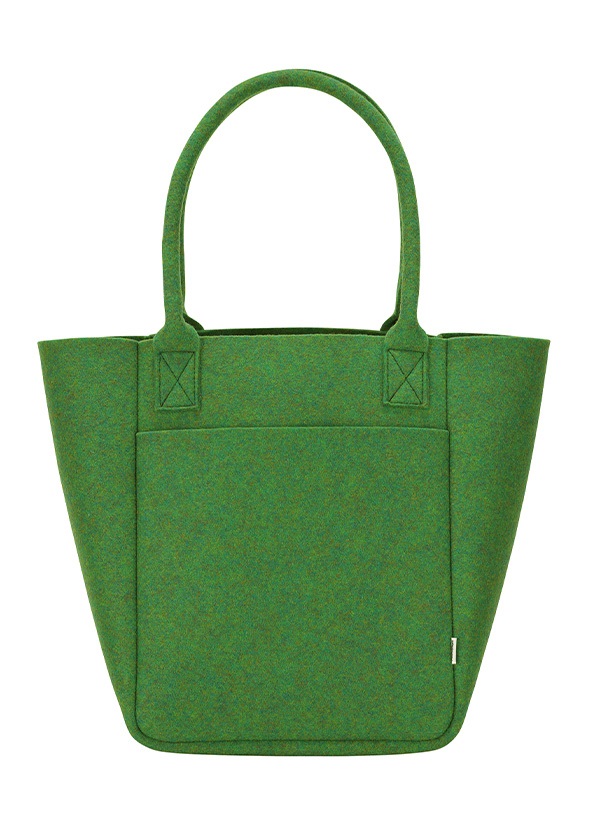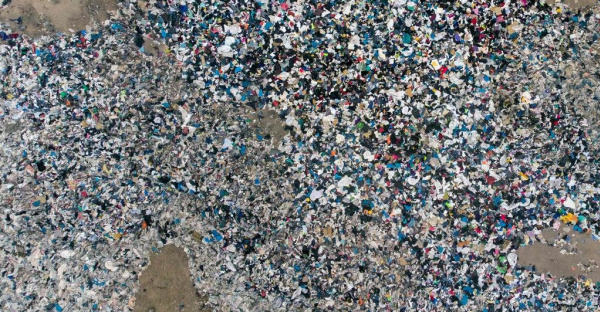The freedom of buying
Is that real freedom?
“If we don’t become active thinkers, the only freedom we have is the freedom of buying – the freedom to consume.”
We cannot cite the lawyer’s name who said this on a tv programme, but her insight sticks in our minds. She touched on a point that controls every layer of our life.
Take time to reflect
For our society, we have value as consumers. That is the logic behind her statement. We are consumers, and we believe consuming is a gained freedom. And as consumers, we are targeted by credit cards, hospitals, hotels, retailers and so on. Plus, web companies and social media.
This mechanism has been highlighted by the pandemic too.
‘Please, get well and go back consuming.’ Otherwise, the world stops, because modern life revolves 90% around consumption.
Consumption, per se, is not wrong. What is wrong is the blind direction it has taken, the voracious capability of eating up everything. That ignorant way of devouring each product or service without any evaluation. Just because it’s advertised, the brand is popular. Because it’s new, it will work (so throw away the old one).
Overconsumption and the freedom of buying
We over-consume blindly, to the point of harming our planet. Which means that we, humans, aren’t really smart.
Brands, we believe we use them, but the opposite is true. They use us. Our freedom is limited to our consumption.
Active thinkers and thoughtful consuming
Active thinkers consider the long haul, so they consider their actions within a long-term vision. It’s fundamental to become conscious about what we consume and how. Unless we want to discover the consequences of our actions once the damage is a reality.
Now more than ever, we need active thinkers. People who think before consuming. Yes, think. That’s the greatest freedom we have.
The freedom of buying Read More »



